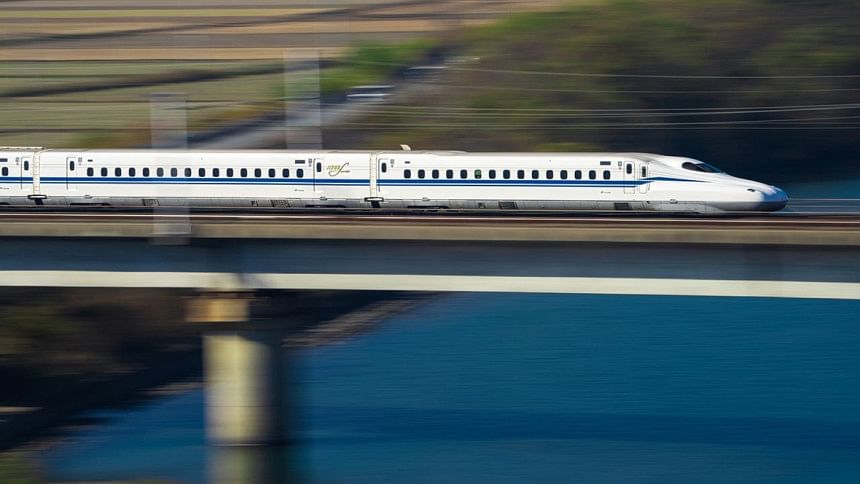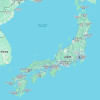Japan plans driverless bullet trains

Shinkansen bullet trains could be whizzing around Japan without drivers from the mid 2030s, one of its main rail operators said, motivated in part by the country's demographic crisis.
East Japan Railway (JR East) will first introduce trains where many of the driver's tasks are automated -- but they will remain in the cab -- on parts of one route from 2028, the firm said Tuesday.
The following year, the company hopes to trial driverless trains on a short stretch of out-of-service track before rolling them out between Tokyo and Niigata on the Joetsu Shinkansen line in the mid 2030s.
"Through realising driverless driving and transforming railway management to an efficient and sustainable system, we will adapt to changes in the social environment such as declining population and reforms in ways of how workers work," a company statement said.
The main drive behind the plan, however, "is the need to constantly innovate railway technology, and that could in turn help address labour shortage and other issues", a JR East spokesman told AFP on Wednesday.
The Shinkansen's maximum speed on the Joetsu route is 275 kilometres (170 miles) per hour, but on other lines they can run at 300 km/h or faster.
Japan, whose shrinking population is the world's second oldest, is already facing worker shortages across many sectors of the economy.

 For all latest news, follow The Daily Star's Google News channel.
For all latest news, follow The Daily Star's Google News channel. 








Comments